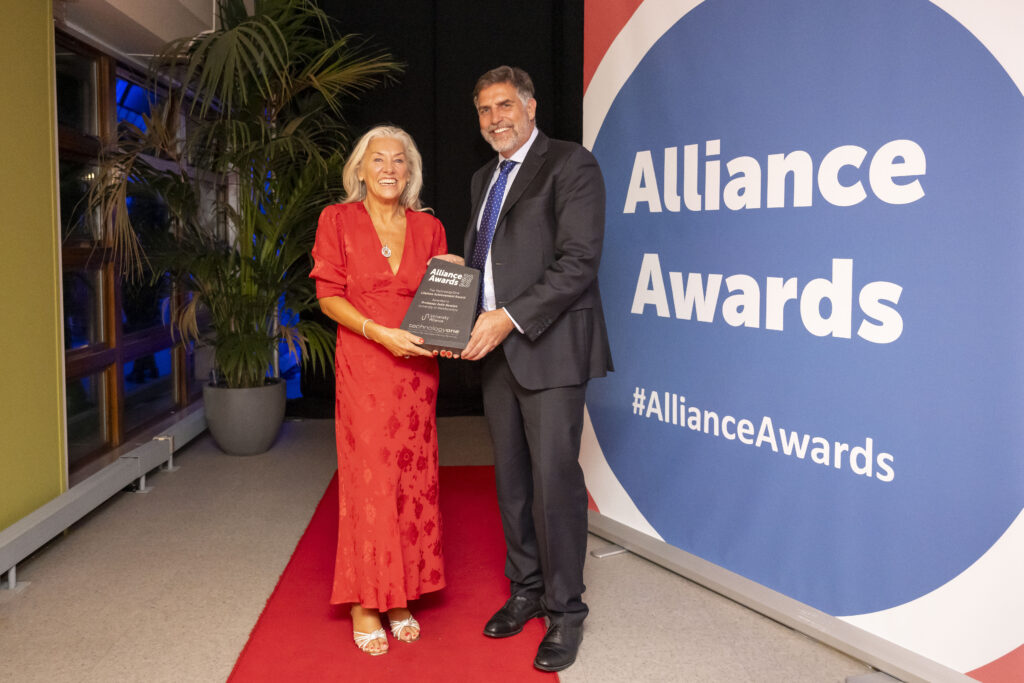
Oana Voloaca – one of our first year Bioscience DTA students
Four. That is my personal number. The number of people that influenced my life in various ways and have been diagnosed with the dreaded C word: cancer.
Some are still here fearlessly fighting it; some lost the battle and remain a bittersweet memory for me and everyone that loved them. But for the rest of those who are being diagnosed every day, more than two million researchers around the world are carrying groundbreaking research hoping to improve someone’s life and keep our loved ones close for as long as possible.
Fortunately, I am lucky enough to be part of this movement and together with my team at Sheffield Hallam University and beyond we aim to change lives for better for those diagnosed with one of the most dreadful form of cancer: malignant mesothelioma.
Malignant pleural mesothelioma is a fatal and aggressive cancer of the mesothelium, the internal lining of the lungs, which causes around 2,500 deaths each year within the UK. This number is thought to increase by 5-10% each year. It is highly associated with occupational and environmental exposure to asbestos, although 20% of patients have never been directly exposed to the asbestos fibres.
In nearly 95% of the cases the life expectancy is poor, with only 9-12 months survival post-diagnosis. We are looking to improve this prognosis by developing a new bioanalytical method of fibre detection and diagnosis. To achieve this, we are using in vitro mesothelioma models and cutting-edge analytical techniques.
This project is close to my heart not only due to the potential impact the research might have on thousands of lives but also because of the people involved.
Our partners include renowned scientists at the University of Hawaii and Loughborough University, pathologists from NHS Sheffield Teaching Hospital and last but not least, the lovely people from The June Hancock Mesothelioma Research Fund and everyone who donated and made this research possible.
And what’s even better is that I will get to meet these inspiring people at least once a year to mark “Mesothelioma Day” alongside members of staff, patients and other researchers involved in similar projects.
If you want to learn more about The June Hancock Mesothelioma Research Fund and maybe even make a small donation, please visit their website.
And to find out more about the Doctoral Training Alliance (DTA), visit here.




